
Bystanders who view traumatic events tend not to react. This woman did.

Dr Moffic is an award-winning psychiatrist who specialized in the cultural and ethical aspects of psychiatry and is now in retirement and retirement as a private pro bono community psychiatrist. A prolific writer and speaker, he has done a weekday column titled “Psychiatric Views on the Daily News” and a weekly video, “Psychiatry & Society,” since the COVID-19 pandemic emerged. He was chosen to receive the 2024 Abraham Halpern Humanitarian Award from the American Association for Social Psychiatry. Previously, he received the Administrative Award in 2016 from the American Psychiatric Association, the one-time designation of being a Hero of Public Psychiatry from the Speaker of the Assembly of the APA in 2002, and the Exemplary Psychiatrist Award from the National Alliance for the Mentally Ill in 1991. He presented the third Rabbi Jeffrey B. Stiffman lecture at Congregation Shaare Emeth in St. Louis on Sunday, May 19, 2024. He is an advocate and activist for mental health issues related to climate instability, physician burnout, and xenophobia. He is now editing the final book in a 4-volume series on religions and psychiatry for Springer: Islamophobia, anti-Semitism, Christianity, and now The Eastern Religions, and Spirituality. He serves on the Editorial Board of Psychiatric Times.

Bystanders who view traumatic events tend not to react. This woman did.

We need Earth Day every day.

Keep the earth in mind.
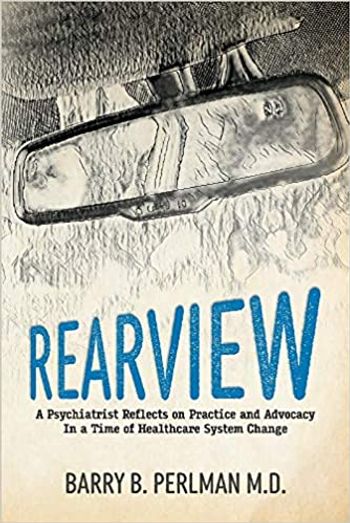
A psychiatrist shares the pearls of his life, clinical and otherwise.

H. Steven Moffic, MD, reflects on the guilty verdict against Derek Chauvin for the murder of George Floyd.

Wishing you all the blessings of the holy month!
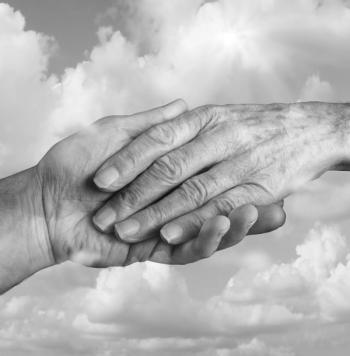
Celebrate the lives of psychiatrists we lost this year.

Female leadership can—and will—make a difference in the future.

Religion doesn't seem to be part of the conversation on these difficult times. How and why can it help?
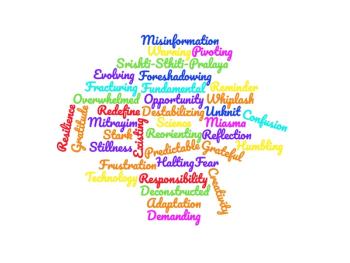
What meanings and values can be found from the past year, and what words will be found going forward?
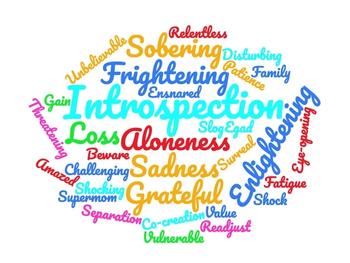
What words do people associate with the past year?

The wave of anti-Asian violence needs a better response than mere words.

Everything we thought we knew was wrong...

How can Oprah's interview with Meghan Markle and Prince Harry inform the psychiatric interview?

1 fish, 2 fish, burning up, burning out...

After a long, dark week comes the refreshing sunshine.

A potential young psychiatrist lost too soon.

A time that should be full of happy events has turned sour.

What are best practices for difficult conversations about racism? How can psychiatrists help? The authors present 6 ways to advance discussions about racism in psychiatry.

Sports form communities, encourage teamwork, and bring us together, but how?

There are 525,600 minutes in a year. How many COVID-19 related deaths have we seen in the thousands of minutes since this began?

Amanda Gorman's poetry at the inauguration connects to both psychiatry and society.

Apologies are a psychological process. H. Steven Moffic, MD, talks about an important apology this week.
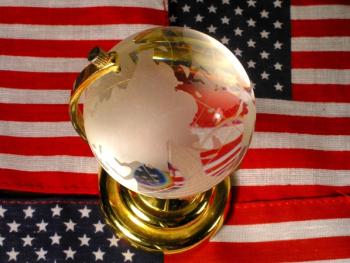
"The ultimate tragedy is not the oppression and cruelty by the bad people but the silence over that by the good people..."

What drives leaders, and how does that help us better understand them?

2020 was a difficult year, and to move forward, mourning losses is necessary.

Happiness comes in all shapes and sizes, but what does it look like around the world?

Santa is typically portrayed as a white man, but why? Dr Moffic discusses black Santas and racism this holiday season.

December 14th may go down as a day in history that reveals the best and worst of human nature.

Psychiatrists often disclose as little about themselves as possible. But these memoirists break the mold.